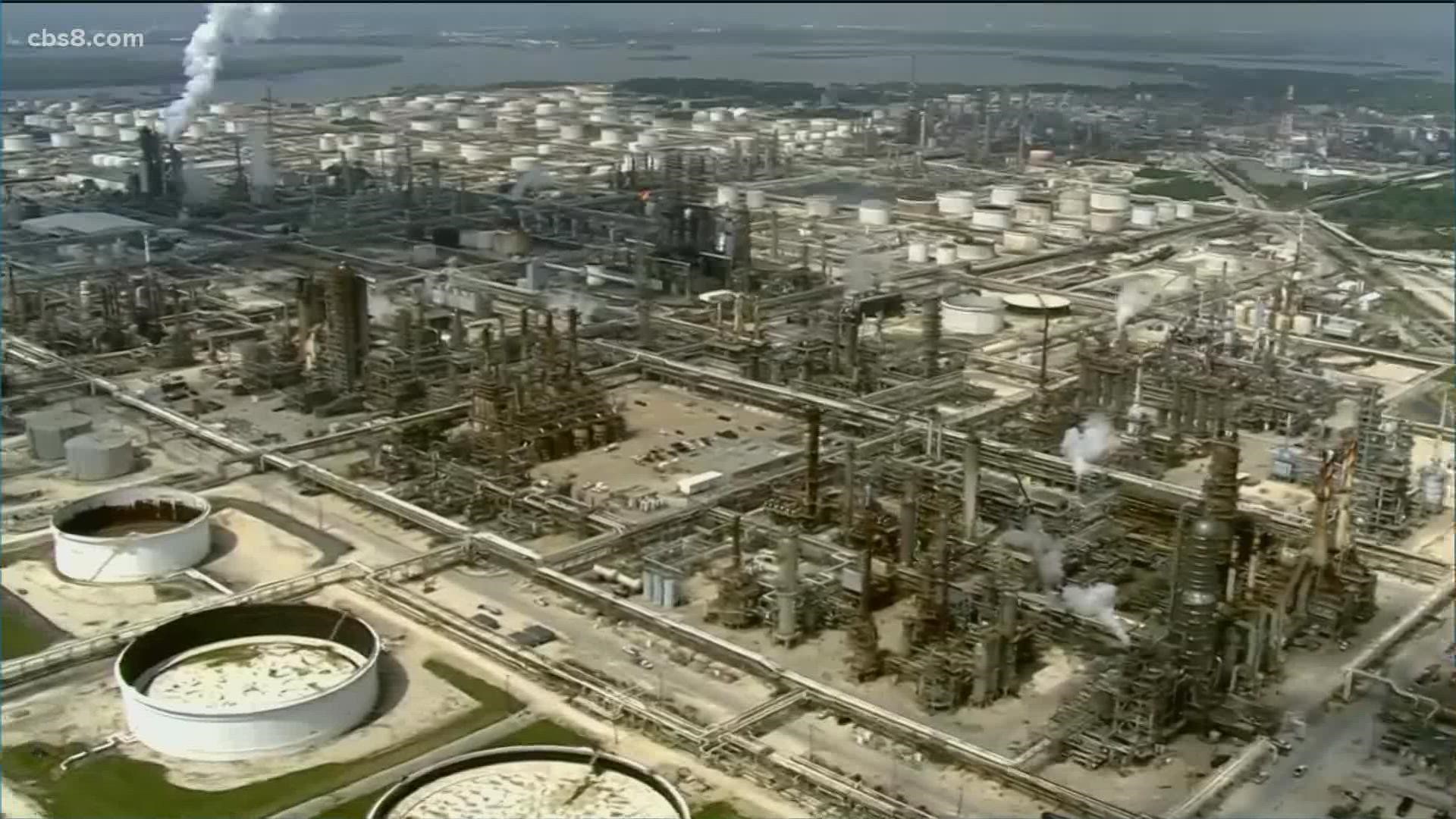BANGKOK, Thailand — Stocks are closing lower on Wall Street Tuesday after Russia sent forces into Ukraine’s eastern regions, escalating tensions.
The benchmark S&P 500 index fell 1% to 4,304.76, and is now more than 10% below it's all-time high set in January, what's known as a “correction.” The Dow Jones Industrial Average and Nasdaq also lost more than 1%. Russian President Vladimir Putin recognized the independence of rebel-held regions of Ukraine, raising fears of an imminent full-scale invasion.
The U.S. and European Union responded with sanctions. Technology shares also weighed on the broader market. Bond yields rose. The yield on the 10-year Treasury rose to 1.93%.
This is a breaking news update. AP's earlier story appears below:
Stocks fell in afternoon trading on Wall Street Tuesday as tensions escalated in Ukraine over Russia's decision to send forces into that nation's eastern regions.
The S&P 500 fell 1.4% as of 1:47 p.m. Eastern, with more than 85% of stocks in the benchmark index in the red. The Dow Jones Industrial Average fell 573 points, or 1.7%, to 33,497 and the Nasdaq fell 1.8%.
Major indexes are in a three-day slide as investors closely watch the crisis in Ukraine. The White House is referring to Russian troop deployments in eastern Ukraine as an “ invasion ” after initially hesitating to use the term. That’s a red line that President Joe Biden said would result in the U.S. levying severe sanctions against Moscow.
Russia's recognition of the independence of several regions in Eastern Ukraine and decision to send in forces has raised fears that a full-scale invasion is near.
The crisis in Ukraine has made for volatile energy prices over the last few weeks. U.S. crude oil prices were up 1.4% on Tuesday. Russia is a major energy producer and a military conflict could disrupt energy supplies. Germany has withdrawn a key document needed for certification of the Nord Stream 2 gas pipeline from Russia.
European markets, which have been particularly sensitive to developments in the Russia-Ukraine crisis, were mostly lower.
Retailers and other companies that rely on direct consumer spending fell broadly. Home Depot slumped 9.9% as concerns over the home-improvement retailer's profit margins outweighed an otherwise solid quarterly financial report.
Technology stocks, which have an outsized impact on market indexes because of their pricey valuations, also fell. Apple shed 2.3%.
Bond yields were mixed. The yield on the 10-year Treasury held steady at 1.92%, where it was late Friday. Stock and bond markets were closed on Monday for the Presidents Day holiday.
The crisis in Ukraine is yet another concern for investors who have begun 2022 trying to determine how the economy will fare amid rising inflation and looming interest rate hikes. Companies face supply chain problems and higher raw materials costs as demand for goods outpaces supply. The Federal Reserve plans on raising interest rates to combat inflation, but Wall Street is uncertain about how the number of rate hikes and their frequency will impact the broader market and economy.
Investors also focused on the latest round of corporate report cards, especially from department stores. Shares in Macy's and Dillard's initially rose after reporting solid quarterly results, but shed their gains by midafternoon. Macy's fell 3.7% and Dillard's slid 5.8%.
Mattress maker Tempur Sealy International fell 20.2% after reporting disappointing financial results.
Deal making also helped lift several stocks. Television station owner Tegna rose 6.1% following a report that it's being bought by Standard General. Book publisher Houghton Mifflin Harcourt rose 15% on news it's being bought by Veritas Capital.

